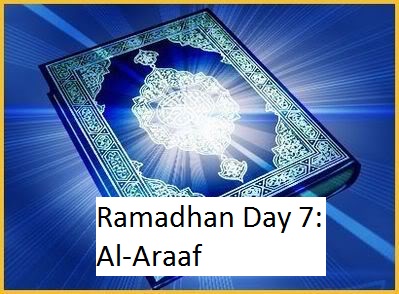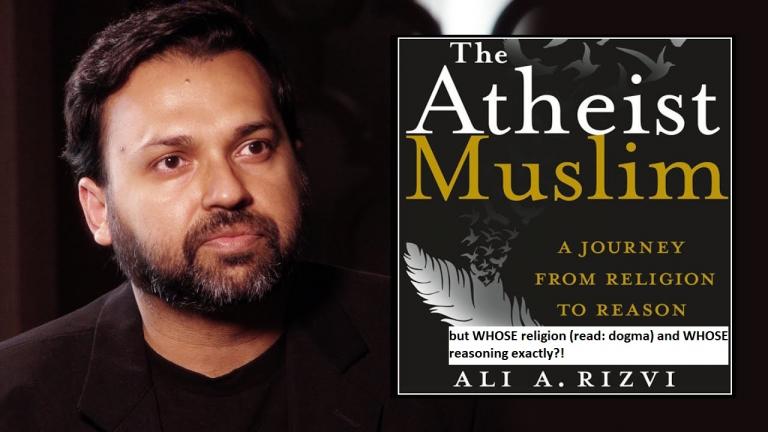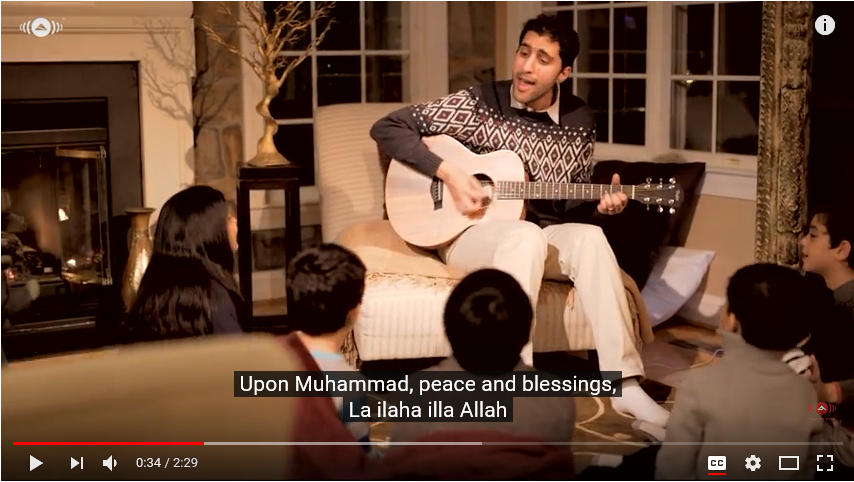Chapter 7 (Al-Araaf) picks up on the monotheism of Ch 6 and approaches it in another way. The monotheism is now seen in relations to adam-hood, which is the prototype of human beings related to utopia. Ch 7 begins with the kitab, God’s ultimate system for mankind. Following what is inspired from it will make God our guardian in life.
The chapter then relates the story of adam and focuses on iblees (the psychological force of naysaying or negativity). This is the force which will obstruct the path towards creating the adamic utopia.
The uniqueness of Ch 7 though is in its calls to the children of adam (bani adam, those who are following the path to adamhood). There are four calls in total (7/26, 7/27, 7/31 and 7/35) and these outlay the ideas which take us towards that state.
After these calls, there is the first sequential set of stories in Quran starting with the story of nuh in 7/59. Then is proceeded with the stories of Hud, Salih, Luth and Shu’ayb. This arrangement is retold in Ch 11 and 26 but with different emphasis. After this sequence, the long rendition of musa’s story so far is told.
The end of this chapter returns us to revelation (from Vs 200 onwards to the end). We are told how to engage with revelation and apply it in our lives.













